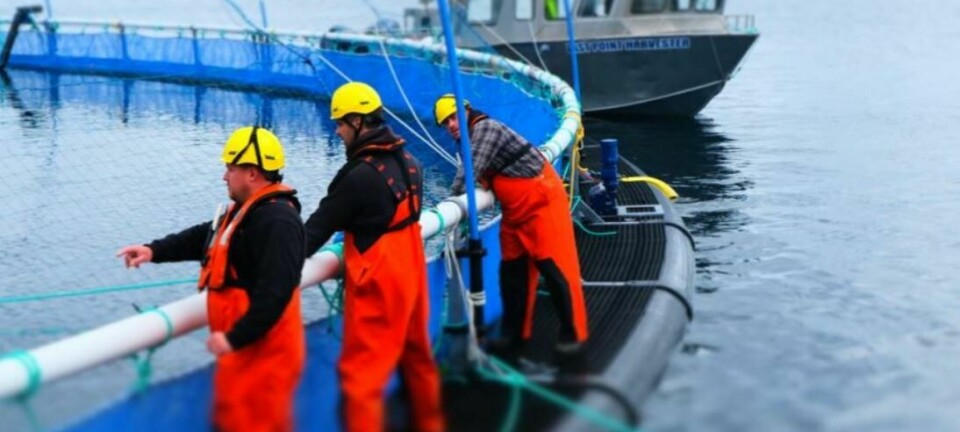
Chile could follow Faroese example
Hamish Rodger, Global MD of the Fish Vet Group, believes that the Chilean industry needs to emulate the example of the Faroe Islands and use the current biological crisis to radically transform industry practices.
Speaking to Fish Farming Expert about the company’s new Chilean laboratory, he pointed out that, although the Chilean industry might be suffering at the moment, with algal blooms adding to the recent rollcall of biological challenges, it is potentially not a bad time for a company with such strong veterinary experience to open up a lab in the world’s second biggest salmon producing state.
“Investing in aquaculture is always a risk, but there are plenty of opportunities at the moment in Chile, and people are prepared to consider new fish health management options,” he reflects.
What’s more, Hamish believes that the Chileans could use the current biological drama to improve the industry, citing the fortunes of the Faroe Islands as a good example.
“With every crisis comes opportunities,” he observes. “For example, the Faroese salmon industry was hit very hard by ISA in the early 2000s but this led to radical changes in the ways the companies operated and the industry there is perhaps the best model of salmon farming in the world.”
And he believes that FVG’s new lab can play a big role in helping improve the sanitary situation.
“We’re aiming to provide the whole Chilean industry with holistic veterinary support – not just diagnostic services – and will be offering health plans and strategies for different parts of the country,” he explains.
The Chilean lab, in its current state, will be operated by 10 staff, under the supervision of Javier Moya and Hernan Pizarro. Although it may be the Scottish company’s first venture in South America, it is by no means going to be their last.
“We’re currently in the process of applying for authorisation from Sernapesca for the two PCR labs in Puerto Montt, which would enable us to double, or possibly treble staff numbers,” he says. “And there may, over time, be opportunities for opening up a network, as we’re looking to roll out new mobile diagnostic machines.”
FVG is also well on the way to expanding to other countries in South America.
“Fish Vet Group Brazil is due to open in May – with a laboratory in Natal, in the northeast of the country. We’ll mainly be concentrating on shrimp and tilapia production, but with over 60 species farmed in the region we’ll be involved in others over time too,” Hamish reveals.





















































